In this article, I discuss how viewing addictions as habits can lead to better progress in treatment than viewing addictions as diseases.
Estimated reading time: 4 minutes.
In my last article, I discussed a commonly held view of addictions as diseases. I indicated that while this view has some advantages such as removing shame and consequently making it more likely a person will come for treatment, it also has substantial disadvantages. These include interfering with the person taking the necessary steps to address their addiction if they come to therapy, instilling a passive ‘fix me’ mindset which is counterproductive to making progress, as well as establishing negative expectations for progress.
At the end of my last article, I said that I would propose an alternative way to view addictions which is more conducive to making progress than the view of addictions as diseases. I will discuss this alternative view in the following sections.
An alternative view: Addictions as habits
Addictions can also be viewed as habits. A habit can be defined as a pattern of behaviour people engage in which becomes part of their routine. Habits often begin with a person trying out the behaviour and discovering that it has benefits. This leads a person to engage in the behaviour regularly. As long as the benefits of the behaviour outweigh the costs, there is no reason to break the habit and it is likely to continue.
Unfortunately with some habits, including addictions, over time the person discovers that the costs of the behaviour are outweighing the benefits. By that time, however, the behaviour has become part of the routine and the person is so used to the benefits that they become reluctant to give up the behaviour despite the costs. This is particularly the case when the benefits are immediate and therefore uppermost in one’s mind and the costs are less immediate and therefore not as noticeable. In this scenario, the person often chooses to continue the behaviour and keep the habit going despite the costs ultimately outweighing the benefits.
Advantages of viewing addictions as habits
Viewing addictions as habits has several advantages over viewing addictions as diseases. These include:
(1) The client adopts a more active approach in therapy. Viewing addictions as habits results in clients becoming more actively involved in therapy. This active approach stems from having confidence that they have what it takes to address their issue by breaking a habit—something they have likely done with other problematic behaviours.
Contrast this with the passive approach which comes with viewing addictions as diseases. It is difficult to become actively involved in taking steps to address a problematic behaviour if you believe the behaviour is a symptom of a disease which you will be stuck with for the rest of your life.
(2) The client is more likely to have positive expectations for being able to address their issue. These positive expectations stem from the belief that if you have broken bad habits before, you can break this one involving substance use by using the same strategies. Positive expectations set in motion a positive self-fulfilling prophecy which can keep you on track when challenges arise regarding your substance use. For example, in a stressful situation in which you have urges to use, your positive expectations provide you with confidence that you can get through the challenge and ‘ride out’ the urge without using. In contrast, viewing your substance use as a disease leads to negative expectations which lead to negative self-fulfilling prophecies. This makes it hard to stay on track in the face of challenges. For example, this view may lead you to think “I can’t handle this urge because I have a disease so I might as well give into it and use.”
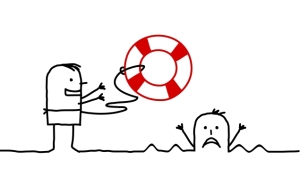
(3) You have a greater sense of control over your substance use. When you view your addiction as a habit, you are more likely to view your behaviour as a conscious choice over which you have control and for which you need to take responsibility. That is, you chose to engage in the habit and you can choose to end it in the same way you have chosen to break other habits.
Contrast this with the view of addictions as diseases in which you view your substance use as a behaviour beyond your control. That is, you did not choose to contract this disease and you cannot choose to make it go away. Although the latter view may result in your not feeling responsible for your addiction, this ultimately detracts from your making different choices to reduce your substance use.
(4) Progress is not an all or nothing prospect. Viewing addictions as diseases typically entails measuring progress by how long it has been since you last used. This can put enormous pressure on the person to ‘stay sober’ and believe that they are back at square one any time they ‘slip’ by using—however briefly and even if they have stayed on track the vast majority of time. The pressure to be perfect stemming from this view can be stressful, demoralizing and lead to relapses in which you abandon the use of the skills you had been using successfully and revert to heavy substance use.
Viewing addictions as habits allows for a less absolutistic view of progress in which you give yourself credit for learning and implementing skills to stay on track even in the midst of slips. This makes it much easier to rebound from slips and get back on track, thereby preventing relapses.
I help my clients address their substance use issues as habits in addiction counselling in my practice as a Calgary psychologist and a Cochrane psychologist.
May you view your addiction in a manner which is conducive to your addressing it,
-Dr. Pat

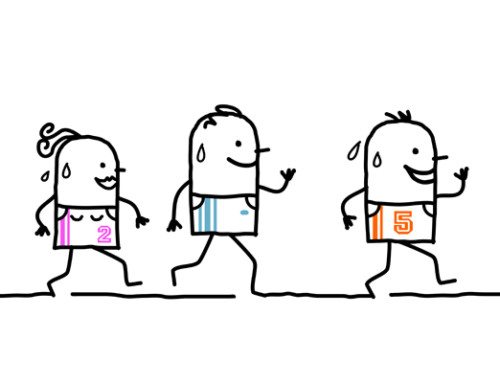
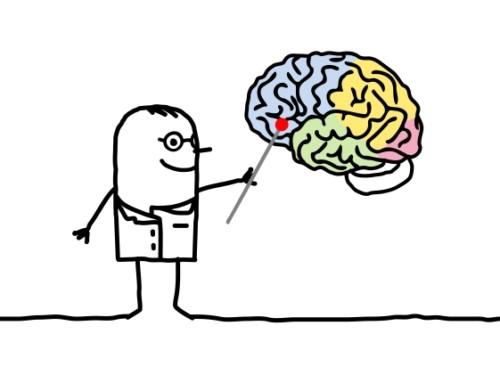
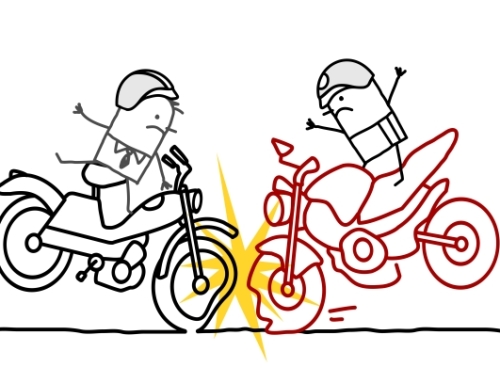
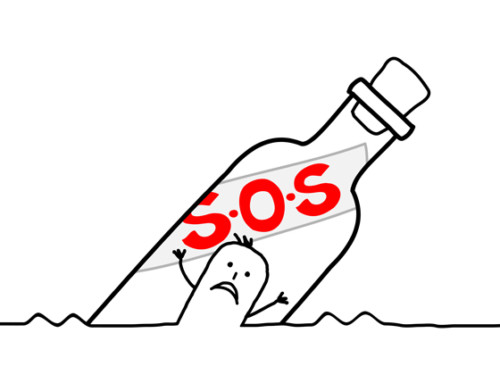
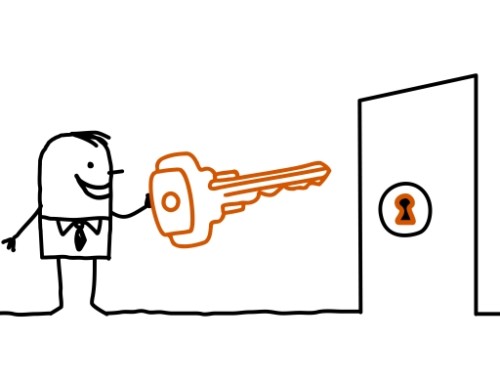
Leave A Comment